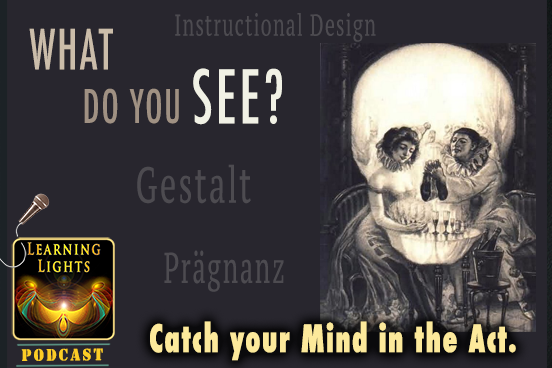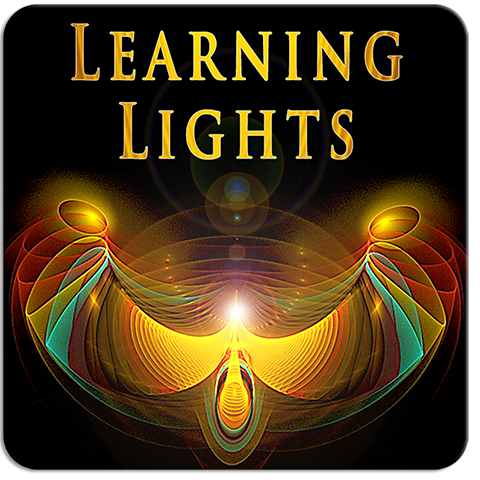The only thing that interferes with my learning is my education.
– Albert Einstein
With each passing year, and with each new educational “reform” I believe in this pity statement a little more.
We have to realize that education prepares the society for what lies ahead, and what lies ahead includes challenges and competition. I’ve said this before, and I’ll say it again – when a child learns to walk, the parents don’t give him or her a pair of crutches – but that’s exactly what we are doing to our education system. We give degrees to kids who don’t possess the knowledge to deserve that degree and when they walk into an organization for an interview, we crush their hopes that we ourselves had helped them build, by telling them that they don’t have the skill or the talent.
Let us look at the duality inherent in our system through this case.
A busy career-focused manager in her forties is a mother of a 10-year old. The boy who studies in a primary grade gets homework assignments and is learning to learn. The father of the child works in another organization and his job requires him to travel, which obviously means that he doesn’t have a lot of time to spend with the child.
The child is a normal, happy child, who hasn’t been bitten by the competition bug, and he doesn’t mind that his performance is really top-of-the-band. But the parents do. They want their child to perform, and so they continue to chide him, often indirectly (“Do you want help with that subject?” “Another tuition perhaps?”) and while they are at it – they also want their kid to learn how to play the Casio/Guitar/Violin etc.
Note that the child is stressed not because he has to learn what’s there in his books but because of those ten other things that his parents want him to do, so that they could brag about him in the society.
Now imagine the worst. The kid doesn’t pass. Ignominy of the ignominies. The parents have to hang their heads in shame. The kid might not feel shame, he might just be sad, but the parents feel it all – and through them the child feels it. And then the kid realizes that his parents are ashamed of him – and he ends his life.
This of course is a fictional scenario, but one that has been written after reading a lot of news reports on this matter.
The truth is that the society, which is made of grown individuals, has already found a way out. Though there might be exceptions who may think otherwise, but all parents have to educate their children and the education system doesn’t change itself because one quirky parent wants to raise a child with strong conviction and correct values – this applies to all of us.
Dos – As practiced by the Teachers as well as the Parents.
- Don’t let a child fail. Do whatever it takes to ensure this. Keep the questions at BL1 and 2, Let the exams be all objective type, let there be no penalties for incorrect reasoning, as long as the answer is correct…I could really go on and on about this…as this really is going to paralyze our society one day.
- Always praise the child for every crooked line he/she draws (or any other silly thing you can think of)
- Make sure that the child has enough tuition/vocational training programs to keep him occupied while you work.
- Tell the child that he or she is the best.
- Always be there to help the child out of every tiny problem.
- Help the child in doing the class-assignments – or do them yourself – or pay someone else to do them for the child.
- Simplify “being educated” to “getting a degree.”
- Value “degree/certification” over “skill and learning.”
- Follow the principle, If you pay the fees you get your certificate, instead of following the old, tattered principle, if you learn, you get your certificate. (Note that this is closely related to the first point.)
Don’ts – Again, as followed by the teachers and the parents.
- Don’t let the child realize that the world out there will accept real performance.
- Don’t tell the child, even a grown-up teenager that goodness and badness both win or lose…it isn’t that goodness always wins and badness always loses.
- Don’t let the child understand that earning money even by doing the simplest of chores is good. (After all it could be bad for the image of the school and also of the parents.)
Do you see the problem?
We are taking the easy way out. We are being selfish. Instead of doing what’s needed, which is setting up the right value system for our next generation, instead of acknowledging that the world of tomorrow will be a tougher place to live in, we are stressing out the kids by pushing them to perform in areas that won’t matter when they grow up.
The essence of these changes is that they:
Allow the parents and the teachers to breathe easy by removing the imminent threat of suicides, without striking at the root-causes, which comprise the incorrect value-system and the self-esteem needs of the parents.
Push the threat of nervous-breakdowns and suicides further into the child’s future, when he is grown man or woman – but then…who cares what happens to them when they grow up? Not our responsibility anymore, are they? The parents would’ve grown old by then, the teachers would’ve retired…and they’d all wring their hands and say, “we did the best we could – but it’s the bad-bad world that led to this.”




